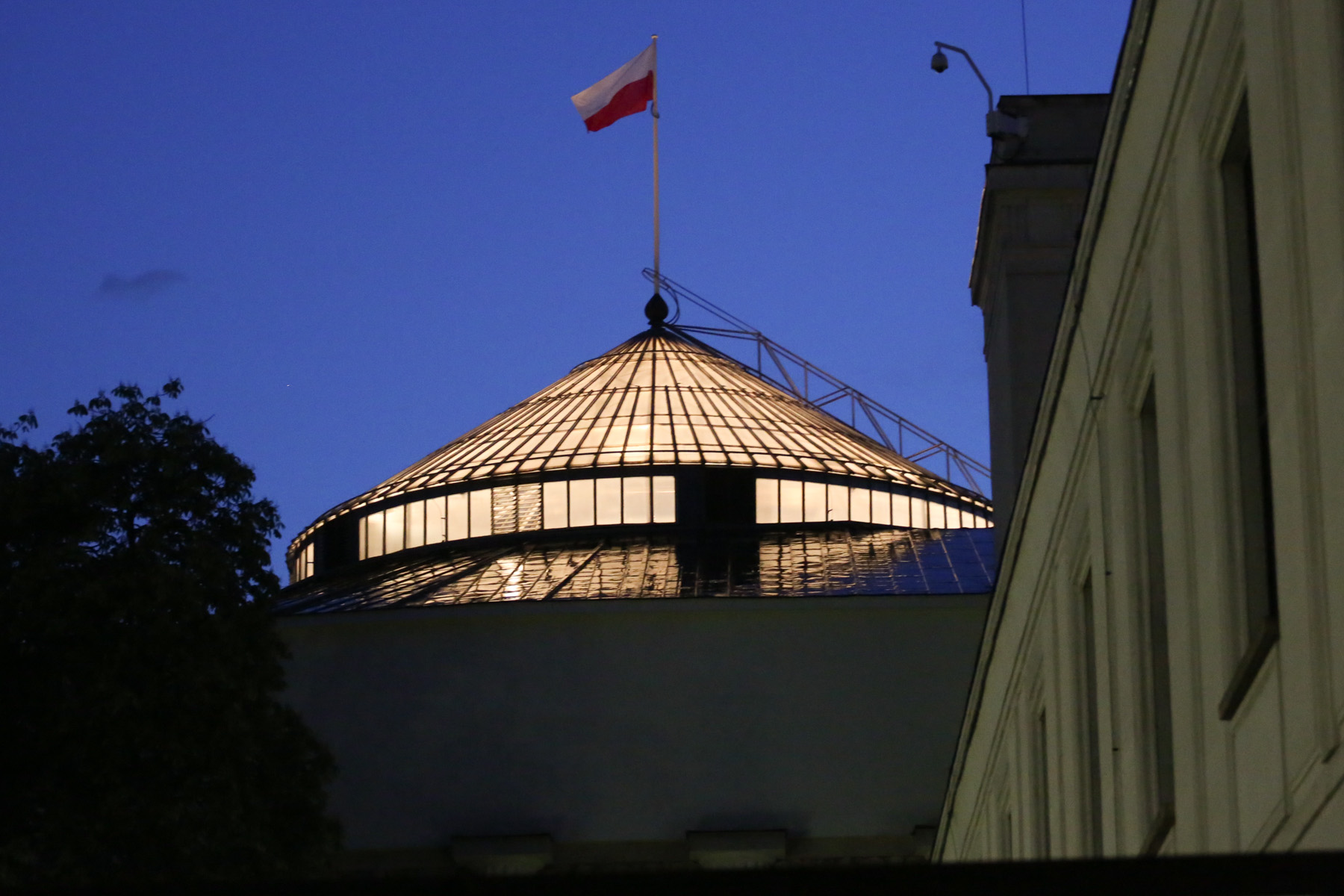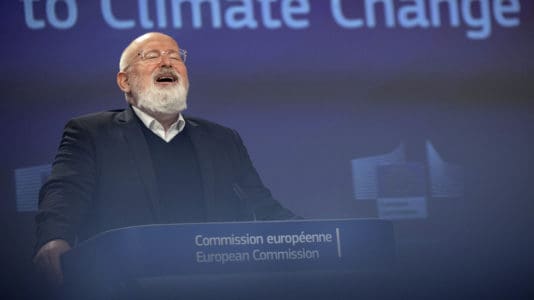As Poland’s population of Ukrainians balloons, there are some Ukrainians calling for political representation in the country’s parliament, including a controversial activist who has called Gdańsk a German city and celebrated a Ukrainian nationalist militia that massacred Poles during the Second World War.
During a guest appearance on popular commercial radio RMF FM last week, Natalya Panchenko, a Ukrainian activist living in Poland, said the Ukrainian minority is well organized in Poland and it would be good if someone represented this growing bloc in Poland’s parliament.
She said she felt the minority was easily large enough to make that happen. However, she acknowledged that up until now, most Ukrainian residents in Poland had only Ukrainian citizenship and therefore could not vote. That is especially true of virtually all those who arrived in Poland after the start of the war in 2022. Nevertheless, even before the war, she claimed there were 2.5 million Ukrainians living in Poland and said an increasing number of them are beginning to acquire Polish citizenship.
Panchenko has resided in Poland for many years. She was for a time employed by the “Open Dialog” foundation, which was involved in protests against the current Polish government; one of the group’s founding members has been declared a security risk by Poland.
Panchenko is known for controversial statements such as support for the Ukrainian liberation army (UPA), which committed war crimes against Polish civilians. She is also reported to have called Gdańsk a German city and has posted on social media expressing satisfaction at pro-Russian protesters dying in a fire in Odessa in 2014. In 2020, she was involved in pro-abortion protests and posted on social media that she was ashamed of the country in which she resides, and in 2021, she agitated for protests in response to the death of a 25-year-old Ukrainian in a detox facility in Wrocław.
According to Polish electoral law, recognized national minorities are allowed to stand as candidates for parliament without having to cross the threshold of 5 percent of the national vote, an obligatory requirement for political parties. As a result, the German minority regularly elects one or two deputies in the Opole Province in which most of that minority lives.
There have, however, been calls for that exemption from the electoral threshold to be lifted, as Germany has refused to recognize the political rights of the Polish minority in their country. Political representation of minorities in countries in Central and Eastern Europe is common and occurs in Lithuania, Estonia, Latvia, Slovakia and Bulgaria. They have even occasionally held the balance of power, as was the case with the Turkish minority in Bulgaria, the Hungarian minority in Slovakia, and the Polish minority in Lithuania.






